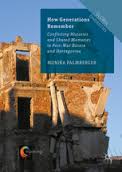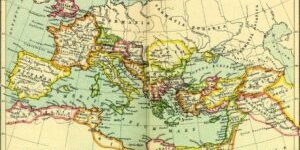Monika Palmberger ~ How Generations Remember. Conflicting Histories And Shared Memories In Post-War Bosnia And Herzegovina
No Comments yet From: Introduction: Researching Memory and Generation
From: Introduction: Researching Memory and Generation
[…] The title of this book, How Generations Remember, is an allusion to the title of Paul Connerton’s seminal book, How Societies Remember (1989). In his book, Connerton opens up a timely discussion going beyond the textual and discursive understanding of remembering by concentrating on embodied/habitual memory and ritual aspects of memory. In terms of the study of generations he thus mainly discusses generations as transmitters or receivers of group memory. Although Connerton’s pioneering contribution to the study of memory is unquestioned, by focusing on how memory is passed down through the generations he primarily answers the question of how group memory is conveyed and sustained. This emphasis on transmission and persistence leaves open the question of where to locate the individual, the agent, the force and possibility for reflexivity and change (Argenti and Schramm 2010; Shaw 2010). My study, in concentrating on the role of generational positioning, reveals that past experiences inform present stances, but also shows that it is the actor in the present that gives meaning to the past. This is also true for narratives of the past that are passed on from older to younger generations, and are then scrutinised and contextualised by the latter. It is suggested that people’s sense of continuity can deal with the inconsistencies that arise with this transfer between generations. It is this field of tension between collective and personal, and between persistence and change that is central in the discussion of generational positioning in this book.
Dowload book: http://link.springer.com/book/
Comments
Leave a Reply








